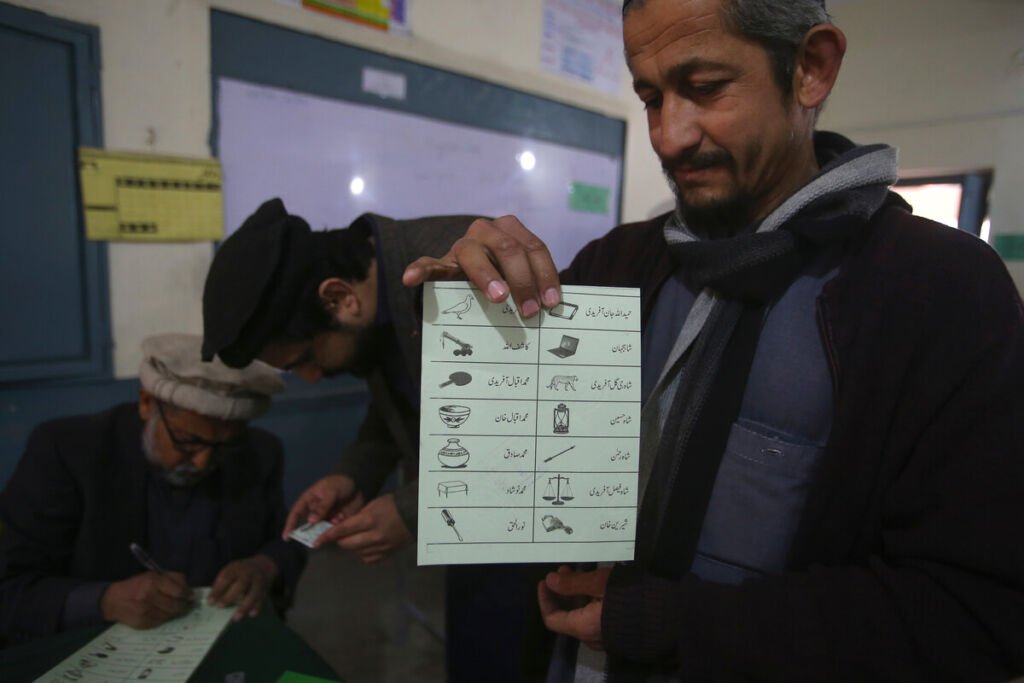Amidst the tumultuous backdrop of economic and political upheaval alongside escalating security concerns, the people of Pakistan exercised their voting rights in the general elections to elect a new parliament on Thursday, February 8, 2024. At least five individuals were reported dead due to attacks by militant groups on polling day. The preceding day witnessed two bomb attacks targeting election offices in the Balochistan region, claiming the lives of at least 30 individuals and leaving dozens more injured.
Tens of thousands of security personnel were deployed across the nation’s streets and polling stations. Borders with Iran and Afghanistan were temporarily sealed. Pakistani authorities also temporarily suspended mobile phone and data services. The Ministry of Interior of Pakistan justified these measures as part of security precautions and anticipation of security disruptions. However, these actions were not universally accepted and were deemed undemocratic. Nighat Dad, a lawyer associated with the nonprofit organization Digital Rights Foundation, criticized the shutdown of services as an assault on the democratic rights of the Pakistani people. “Shutting down mobile phone services is not a solution to national security issues. If you cut off access to information, you will create more chaos. How do you contact anyone in case of an attack?” she remarked.

The suspension of mobile phone services hindered the dissemination of vital information necessary for citizens to exercise their voting rights. Pakistani voters rely on text message services to confirm their polling stations (TPS) where they are registered to vote. NetBlocks, a global internet monitoring organization, confirmed disruptions to mobile and internet services, along with reports of widespread power outages in Pakistan. “The internet blackout on election day in Pakistan is one of the largest cases we have observed in any country in terms of severity and the wide area of impact,” stated Alp Toker, Director of NetBlocks, to the AFP news agency.
A total of 44 political parties will compete for 266 seats in the National Assembly or lower house of parliament. An additional 70 seats are reserved for women and minority groups in the 336-seat parliament. Following the election, the new parliament will elect the next Prime Minister of Pakistan. The main competition is expected to occur between candidates supported by the incarcerated former Prime Minister Imran Khan, whose party, the Pakistan Tehreek-e-Insaf, won the last national election, and the Pakistan Muslim League led by Nawaz Sharif, who has served as Prime Minister of Pakistan three times.


